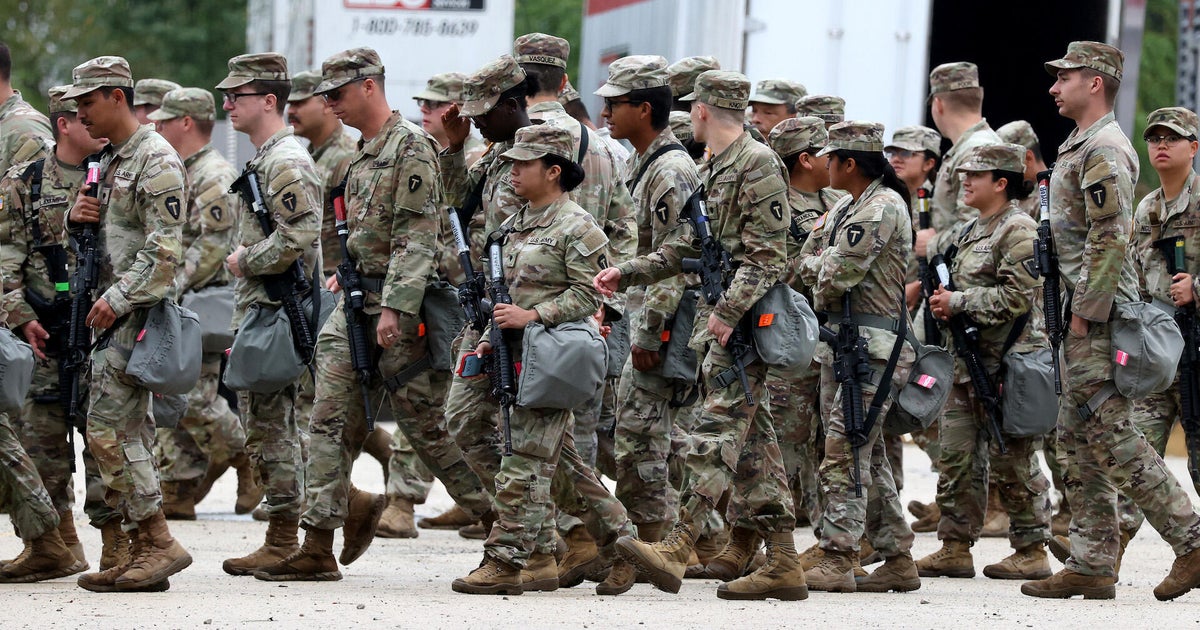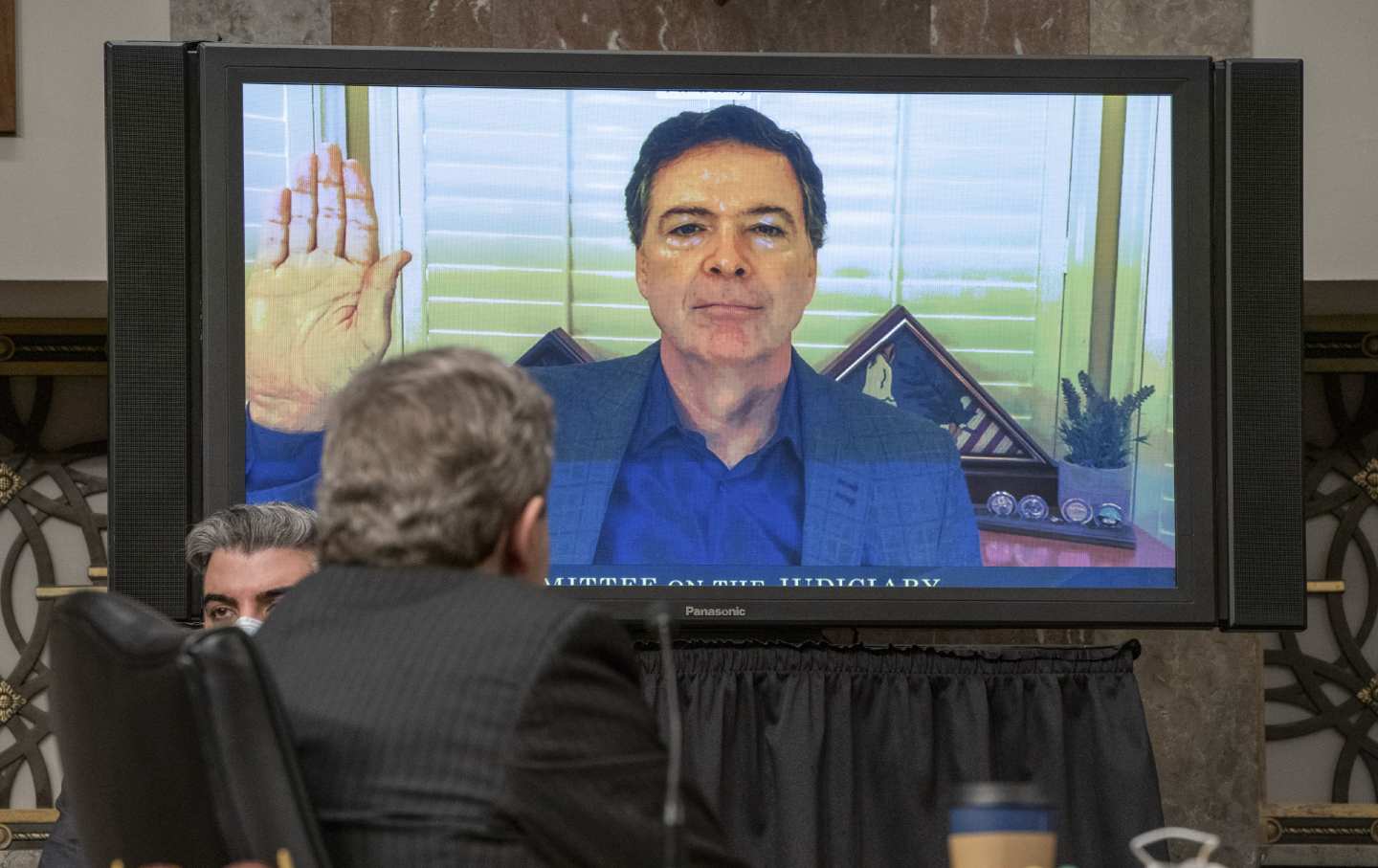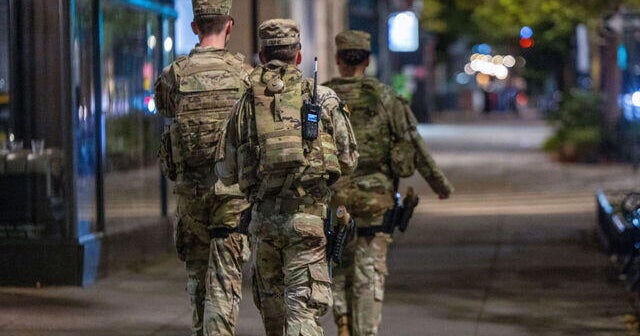
Approximately 500 National Guard soldiers from Texas and Illinois have been called to the Chicago area, ostensibly to protect federal agents and government facilities. This deployment is not just a logistical maneuver; it represents a concerning escalation in federal power, raising critical questions about accountability, the role of the military in civilian domains, and the ongoing struggle for social justice in our communities.
The U.S. Northern Command has confirmed that 200 soldiers from the Texas National Guard and 300 from the Illinois National Guard are mobilized for a minimum of 60 days. Their stated mission is to “protect U.S. Immigration and Customs Enforcement” and related personnel—an action that directly intersects with longstanding tensions surrounding immigration enforcement and the treatment of vulnerable populations. In an era where human rights are being increasingly eroded under the guise of security, this deployment signals a potential tightening of the grip of federal authority on local matters.
The National Guard troops are now stationed at the U.S. Army Reserve Center in Elwood, where new fencing and security measures have been hastily implemented. The presence of soldiers—some armed and equipped for crowd control—can be seen as a stark reminder of an occupation rather than a protective measure. The public’s response has been mixed, with some demonstrations in support of the National Guard’s deployment and others vehemently opposing it. This division reflects a deeper societal rift regarding the handling of immigration issues and the legitimacy of military involvement in civilian spaces.
The fact that Illinois state leaders were only notified late on a Monday night about the arrival of Texas National Guard troops raises substantial concerns about transparency and accountability in the decision-making process. Retired U.S. Army Maj. Gen. Richard Hayes described this as a “novel” situation, noting that he has never witnessed a National Guard from one state being federalized and sent to another. The implications of such a deployment extend beyond military logistics; they challenge the very fabric of state sovereignty and the rights of citizens to have a say in what happens in their communities.
As this situation unfolds, a lawsuit has been filed by the state of Illinois and the city of Chicago, contesting the legality of the troops’ presence. Governor JB Pritzker and Mayor Brandon Johnson have asserted that there is no crisis necessitating such a response, raising alarms about the overreach of federal power and the continued militarization of policing. The federal government’s argument, presented in a 59-page brief, hinges on the assertion that President Trump possesses the authority to deploy these troops, framing the debate around executive power versus state rights.
A federal judge, April Perry, has scheduled a hearing to discuss the request for a temporary restraining order against the troop deployment—an event that could significantly alter the trajectory of this situation. The expectation is that the judge may lean toward granting such an order, though any decision is likely to be met with appeals, further complicating the legal landscape. This tug-of-war between state and federal authority underscores the urgent need for checks and balances, particularly as the current administration seems willing to bypass established norms for its agenda.
Adding fuel to this fire, President Trump has hinted at invoking the Insurrection Act to justify the deployment of troops in Chicago and potentially Portland, should “it be necessary.” Such a move would not only disregard the legal and constitutional ramifications but could also set a dangerous precedent for future administrations. As U.S. Senator Dick Durbin aptly articulated, the invocation of the Insurrection Act in this context would be “illegal and unconstitutional.” It blatantly disregards the principles of democracy and the rights of states to govern themselves without unwarranted federal interference.
This situation in Chicago is emblematic of a larger trend in which marginalized communities bear the brunt of heavy-handed federal responses to perceived threats. The ongoing militarization of law enforcement and the increasing deployment of National Guard troops in civilian contexts signal a troubling shift away from addressing root causes of social unrest towards an approach that prioritizes force over dialogue. This tactic not only jeopardizes public safety but further alienates communities from their government, fostering an environment of fear rather than trust.
As we await the outcome of the upcoming court decision, it is imperative that we remain vigilant and vocal about our commitment to social justice. We must demand transparency and accountability from our leaders, and resist any attempts to normalize the military presence in our cities under the guise of national security. The implications of this deployment extend far beyond the immediate concerns of immigration enforcement; they challenge our fundamental values and the very essence of democracy itself. In the face of such challenges, it is our responsibility to advocate for human rights, equality, and the preservation of our civil liberties.
This article highlights the importance of A THREAT TO RIGHTS.


